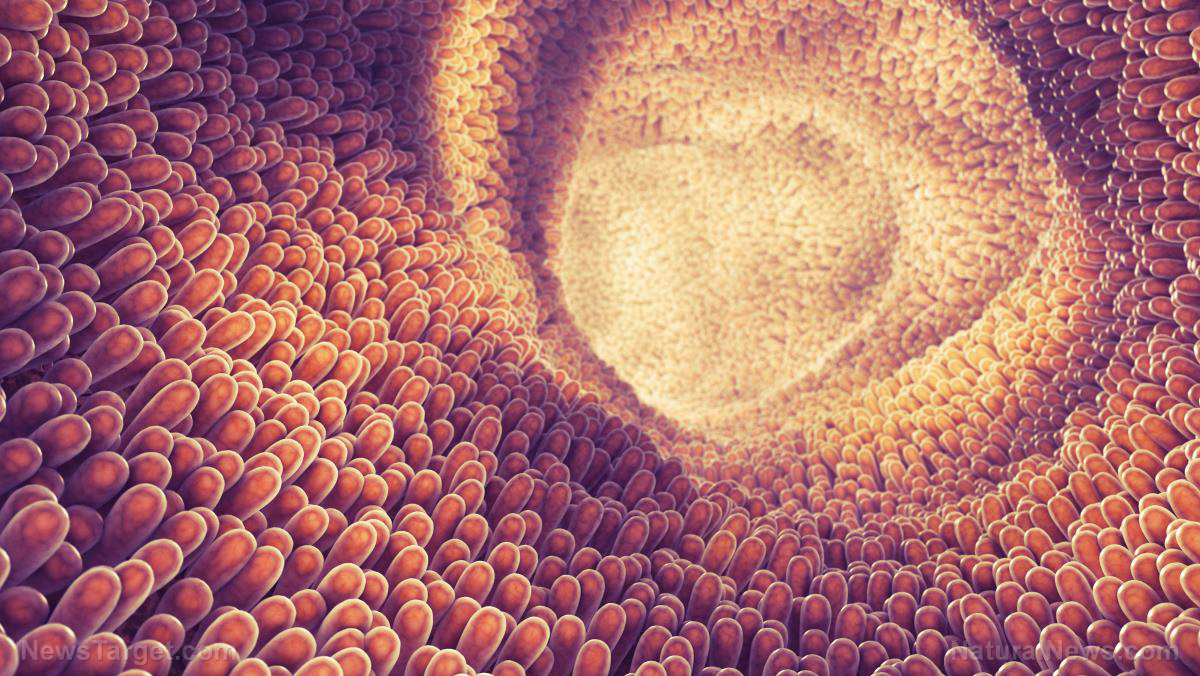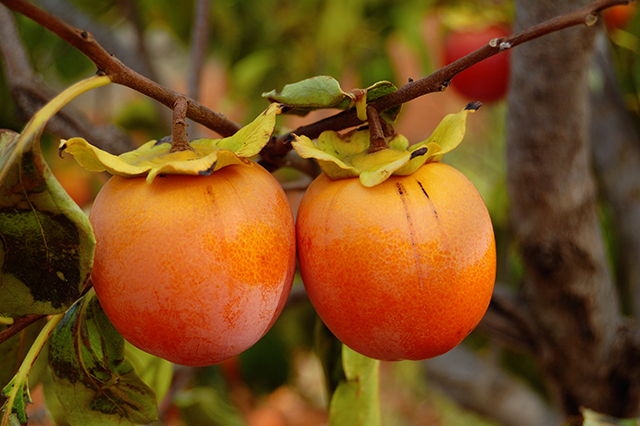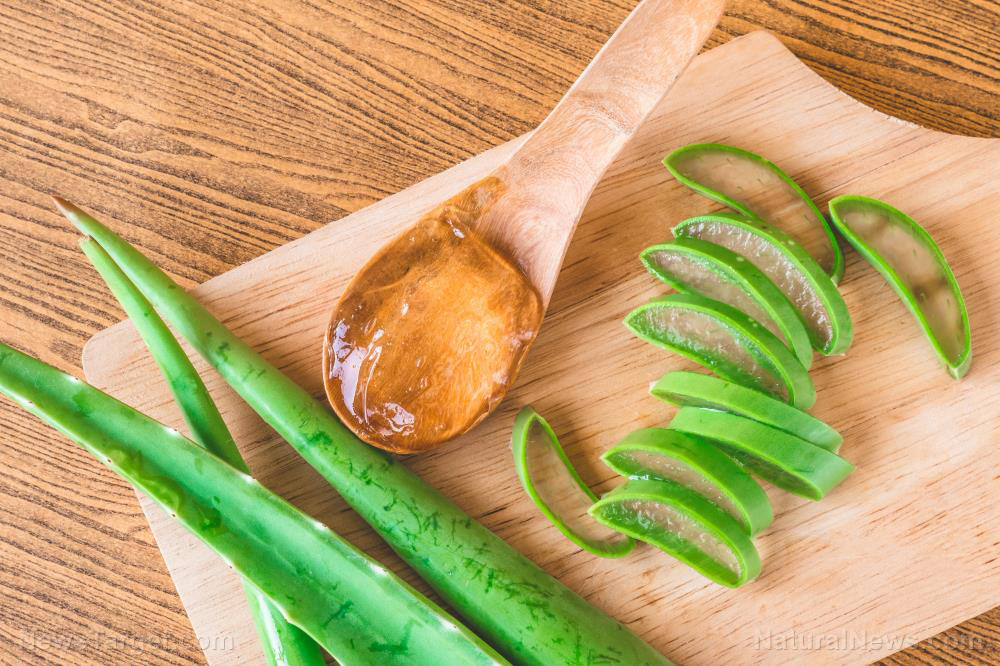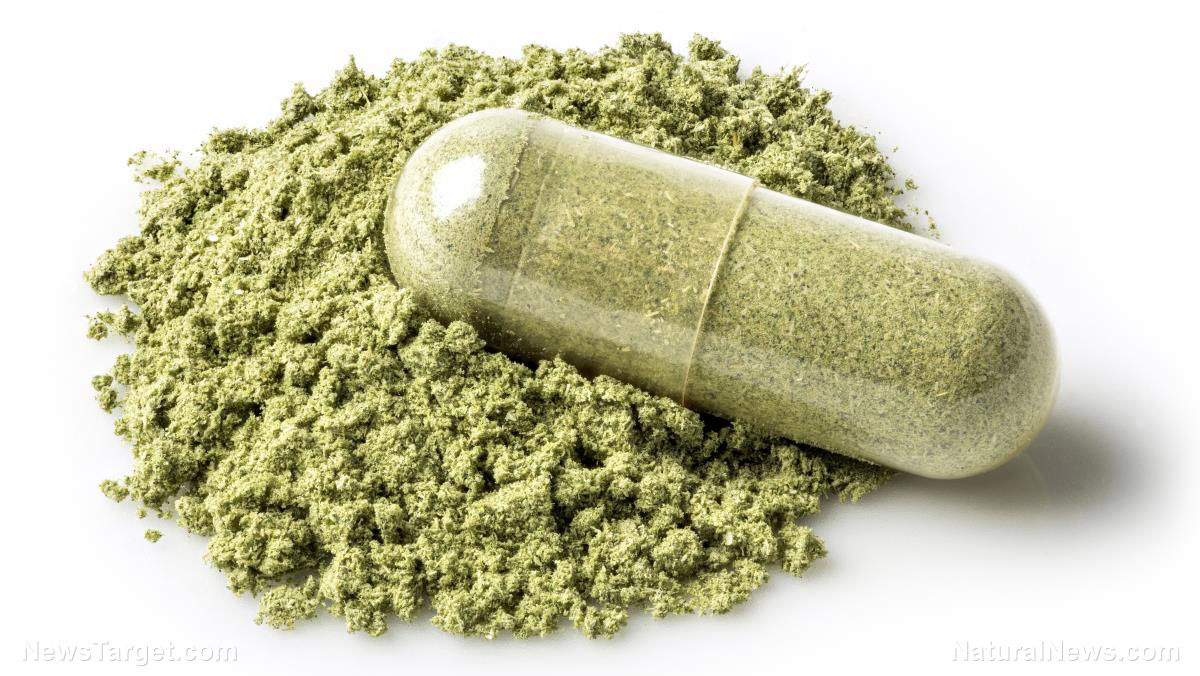Bacteria in your small intestines may explain why you gain weight
05/16/2018 / By Michelle Simmons

Bacteria in the small intestine may play a role in weight management, according to a study published in the journal Cell Host & Microbe.
In the animal study, a team of researchers from the University of Chicago found that germ-free mice lacking in gut bacteria failed to digest or absorb fatty foods when fed with a diet high in fat. In addition, these mice were also unable to gain weight and produce fatty stools. On the contrary, specific pathogen free (SPF) mice – which had a healthy gut microbiota but lack certain disease-causing species – were found to rapidly gain weight when fed with a high-fat diet.
The high-fat diet also quickly increased the amount of certain types of bacteria, such as Clostridiaceae and Peptostreptococcaceae. At the same time, the diet also reduced the numbers of other bacteria such as Bifidobacteriacaea and Bacteriodacaea — reduced levels of these two bacteria have been linked with obesity.
“Our study is one of the first to show that specific small-bowel microbes directly regulate both digestion and absorption of lipids,” said senior author Eugene Chang. “This could have significant clinical applications, especially for the prevention and treatment of obesity and cardiovascular disease.”
A change in the microbiota affects weight
The research team also assessed the effect of microbial transfer from the specific pathogen-free mice to the germ-free mice. After they put bacteria from the jejunum part of the small intestine of SPF mice into germ-free mice, the previously fat-immune mice quickly gained the ability to absorb fats. Moreover, the germ-free mice who received the bacteria were also found to maintain a greater capacity to absorb fat, even when placed onto a low-fat diet.
The researchers explained that a high-fat diet could significantly change the microbial make-up of the small intestine, at least in mice. And certain dietary pressures like calorie-dense foods, attract specific bacterial strains into the small intestine. As a result, these bacteria allow the host to digest this high-fat diet and absorb fats that can even affect extra-intestinal organs like the pancreas.
“I would say the most important takeaway overall is the concept that what we eat – our diet on a daily basis – has a profound impact on the abundance and the type of bacteria we harbour in our gut,” said Kristina Martinez-Guryn, first author of the study. “These microbes directly influence our metabolism and our propensity to gain weight on certain diets.”
They also suggested that manipulating the microbiota and changing the relative abundance of bacteria that either promote or inhibit fat absorption in the small intestine could be used in future techniques to fight obesity.
Here are some ways to keep good gut bacteria robust:
- Eat more fiber – A study suggested that fiber nourishes the microbes, which makes them diverse and more likely to help in maintaining weight. Refrain from buying processed foods that have added fiber. Rather, get your fiber from vegetables, fruits, and whole grains. Try to consume at least two to three servings each of produce and whole grains and 20 to 30 grams of fibers each day. These foods also provide prebiotics, which is essentially a type of fiber that the gut bacteria flourishes on.
- Snack wisely – instead of eating sugary foods as snacks, such as cookies, eat a handful of nuts or an apple. Consuming too much added sugar can starve the gut flora. Good gut bacteria need complex carbohydrates to thrive.
- Opt for probiotic foods – Probiotics boost gut bacteria and aid in weight loss. Probiotic foods include fermented foods, such as yogurt, kefir, sauerkraut, and miso.
- Get moving – Bacteria might also benefit from a good workout. A study of male rugby players found that those who exercise with a normal body mass index (BMI) had more diverse microbes than those with a high BMI. Additionally, they had higher levels of Akkermansiaceae, a type of bacteria linked to lower obesity rates.
Read more news stories and studies on weight management by going to Slender.news.
Sources include:
Tagged Under: bacteria, diet, fat absorption, fitness, gut health, high-fat diet, intestines, longevity, slender, small intestines, weight, weight gain, weight loss, weight management




















